In which I offer some highly personal holiday gift suggestions
I’m usually reluctant to buy books as gifts for friends and family members. I’ve always thought of books as something personal, chosen after deep consideration at the bookstore or spontaneously when I see something on Amazon. (It also works the other way — spontaneously at the bookstore or after deep consideration at Amazon.) Exceptions exist: our oldest son loves reading Calvin & Hobbes collections; as a child, he saw the cartoon strip as a how-to manual. And a grandson specifically asked his parents for some Harry Potter books. I’m always ready to indulge a request for books in this age of screens.
If you have a poet in your life, or if you have a poet in your own heart, I have a few suggestions for holiday gifts. My perspective is personal; I would be thrilled to have received any of these as a gift. I’ll be writing about some of them here early next year.
My suggestions also reflect my Anglophilia.
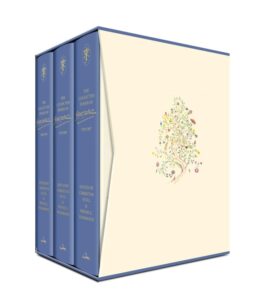
Late this past summer, I heard about the publication of Tolkien’s poems. On a trip to London in September, I saw the three-volume set, wisely displayed in a locked glass bookcase at Waterstone’s on Trafalgar Square. The Collected Poems of J.R.R. Tolkien is a three-volume set, so beautifully designed that they’re an artwork in themselves. I didn’t buy the set there; lugging extra weight home in my carryon wasn’t appealing (and it might have gotten lost in a checked bag!). But the day I was home, I ordered it.
The set, edited by Christina Scull and Wayne G. Hammond, is organized chronologically. Volume I covers 1910 to 1919; Volume II holds 1919 to 1931; and Volume III is 1931 to 1967. Some of the poems are the familiar songs from his Middle-Earth saga; others I’d never run across, written when he was a very young man and not yet envisioning Middle-Earth. The set is not inexpensive (Amazon currently discounts it to about $88), but it is a marvel.
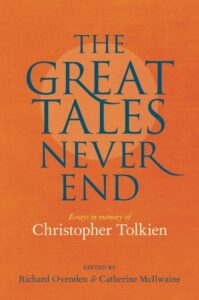
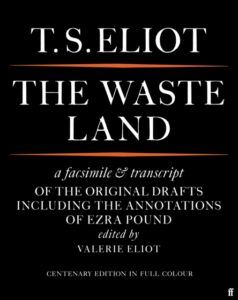
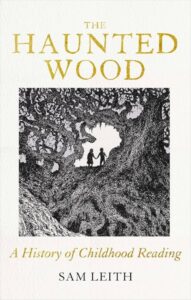
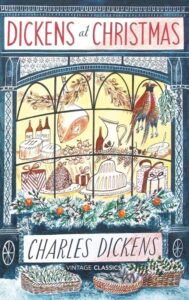
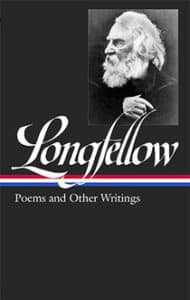
Reading Longfellow is reading some of the most significant poetry of 19th century America. He’s not much read or studied these days, but he should be. He helped shape American culture for 50 years; his poetry was widely read (and read aloud) well into the 1980s; he was also one of the most significant voices advocating the abolition of slavery. The 2020 biography Cross of Snow: A Life of Henry Wadsworth Longfellow by Nicholas Basbanes is excellent.
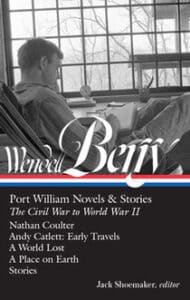
Happy reading! And I wish you a most Merry Christmas and a poetical New Year!
Photo by Beige Alert, Creative Commons, via Flickr. Post by Glynn Young.
How to Read a Poem uses images like the mouse, the hive, the switch (from the Billy Collins poem)—to guide readers into new ways of understanding poems. Anthology included.
“I require all our incoming poetry students—in the MFA I direct—to buy and read this book.”
—Jeanetta Calhoun Mish
- Poets and Poems: Mary Brown and “Call It Mist” - September 18, 2025
- “Horace: Poet on a Volcano” by Peter Stothard - September 16, 2025
- Poets and Poems: The Three Collections of Pasquale Trozzolo - September 11, 2025
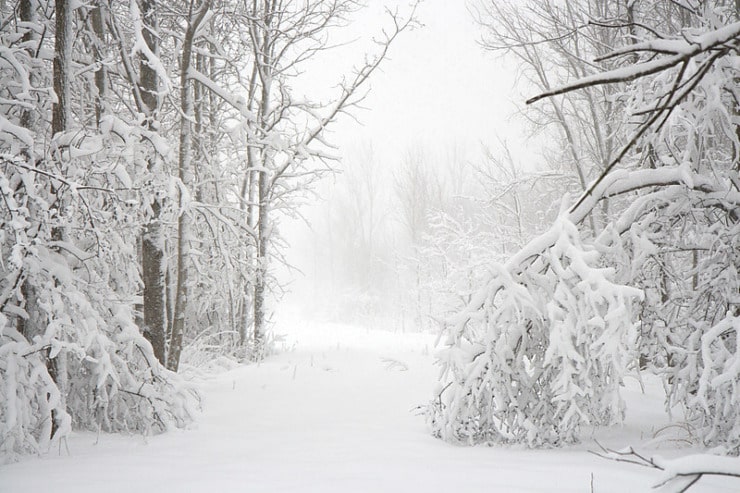

L.L. Barkat says
This totally gave me a last-minute gift idea. Thank you! 🙂
Bethany R. says
Enjoyed this, thank you! So fun to hear you talk about enjoying Tolkien too. 🙂 My husband, daughter, and I rewatched all three LOTR movies in the theater this year—such a blast, and still makes me teary. Oh, Sam! <3 I adore the books, and recently reread them, but I have to say—and this may be controversial—I prefer the movie's version of Aragorn to the books. I think it may be his even deeper reluctance to grab for glory or the crown. Thank you for leading me back to Middle Earth today, Glynn!
Bethany says
Also, I want to go check out the History of Childhood Reading book. Thanks for these helpful recommendations!
Bethany says
P.S. Just bought your new book, Brookhaven, and look forward to reading it!
Glynn says
Bethany, thank you so much! I hope you enjoy it!
Sandra Heska King says
Confession: I have the Ring set and the Hobbit, and I haven’t read them. I may have seen a Hobbit movie, but I don’t remember it. I think I need more Tolkien in my life. And, of course, every time I read what you’re reading, I want to read it, too.
Bethany says
Sandra, if you do want to try watching one of the movies, I would suggest starting with The Fellowship of the Ring–oh, that gorgeous Shire! The acting is fabulous, the New Zealand scenery perfect, and the music is enchanting. (Peter Jackson’s LOTR movies are what led me to reading the books. I had no interest before then.)
Glynn says
Sandra – what Bethany said. I think Peter Jackson did a marvelous job with filming the trilogy. He didn’t do as well with The Hobbit; he tried to make it a trilogy and there simply wasn’t enough there to do that and stay true to Tolkien’s story.